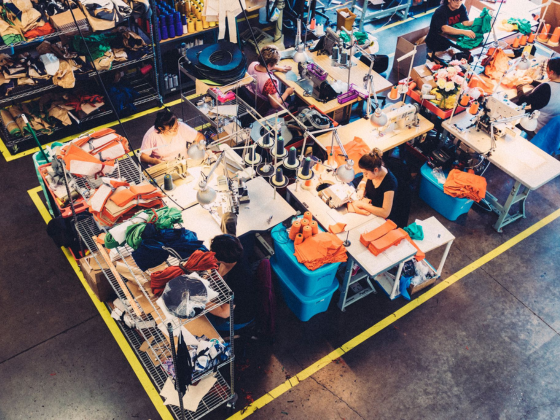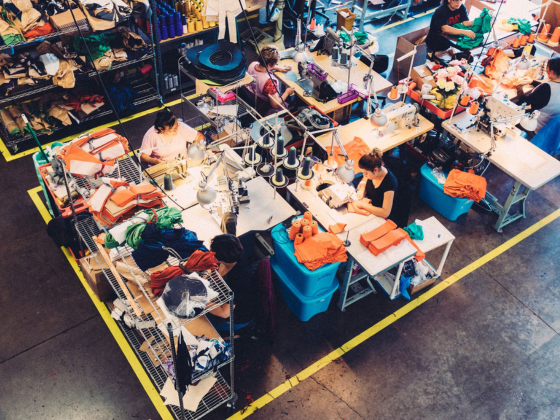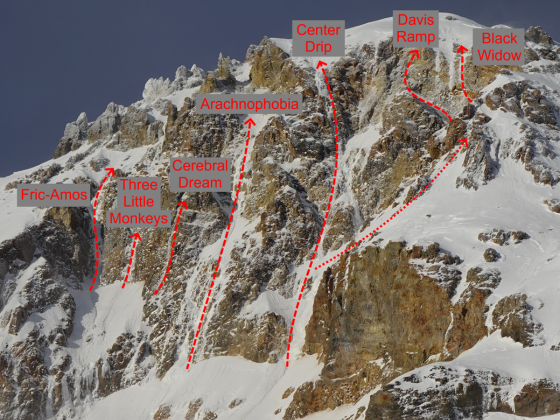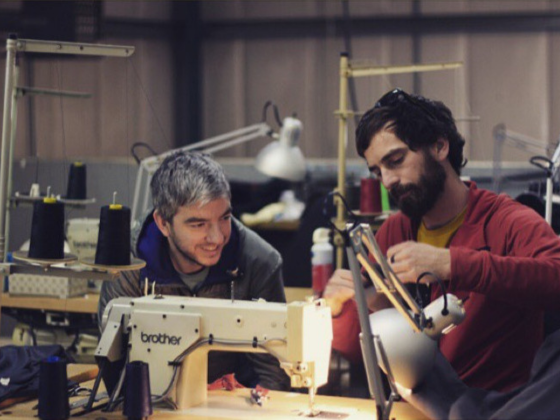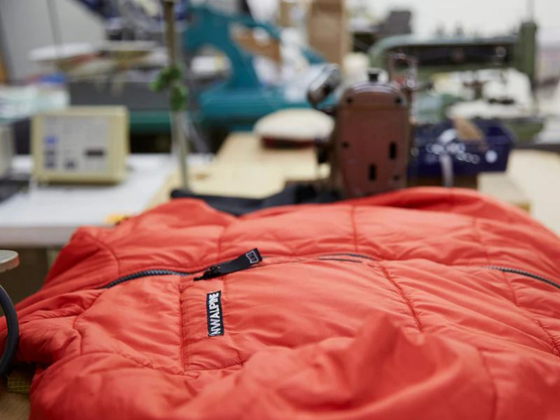A recent story I heard on NPR piqued my interest as it was about garment manufacturing, a subject I think about a lot. The story was about fast fashion and giant chain stores like Forever 21 and H&M. While these shops obviously don’t carry technical apparel, we can learn something from their production process. Fast fashion relies on extremely cheap labor, extremely fast and often sloppy work, along with the lowest common denominator materials. In the story they quote Simon Collins, the dean of fashion at Parsons as saying, “You see some products and it's just garbage. It's just crap, and you sort of fold it up and you think, yeah, you're going to wear it Saturday night to your party — and then it's literally going to fall apart.” These companies rely on selling massive amounts of clothing at an extremely cheap price, and they’ve made billions upon billions of dollars doing it. But what the customer ends up with is one-time-use clothing that falls apart as soon as it goes through a wash cycle. What you also end up with is an exploited labor force working on the other side of the world in abhorrent conditions. Conditions such as those at the Tazreen Fashions factory, where late last year 112 workers were killed in a fast moving fire. Or a fire in Pakistan a few months before that that was responsible for the deaths of over 300 people at the Ali Enterprises textile factory in Karachi. Both factories produced garments for major western brands.
Companies adopt “social responsibility” protocols and pay lip service to safety and labor concerns, but how much do they really achieve? I don’t blame large companies for off-shoring their production. It is an unfortunate byproduct of our model of capitalism that in order for companies to be competitive they feel they must chase the lowest cost labor, but ultimately it is a race to the bottom.
As the founder of NW Alpine, I like being able to drive a few minutes and visit our production facility. I like having a personal relationship with the folks that make our products. I like feeling connected to our products in a way that is only possible by producing locally in our community.
At NW Alpine we strive to be the antithesis of “fast fashion.” Every step in our design and production process is deliberate. We won’t release products unless they are up to our high standards, even if it means longer release times for our products. We don’t want to make clothing that is disposable and we want to know that our people (our employees, contractors and customers) are all well cared for. We strive to make all of these things a reality and we hope that you support our mission and feel part of the NW Alpine family.
-Bill Amos Founder/CEO



